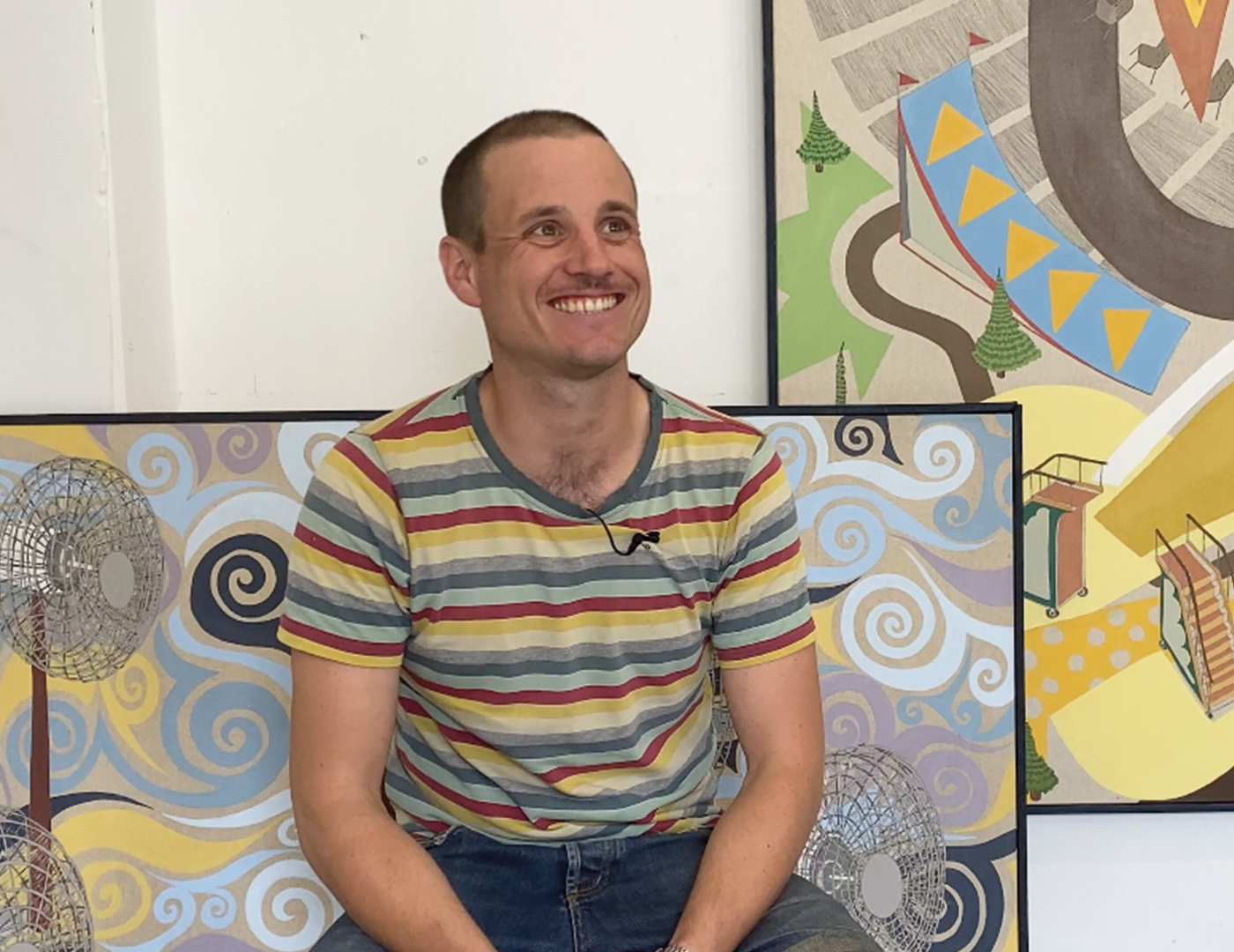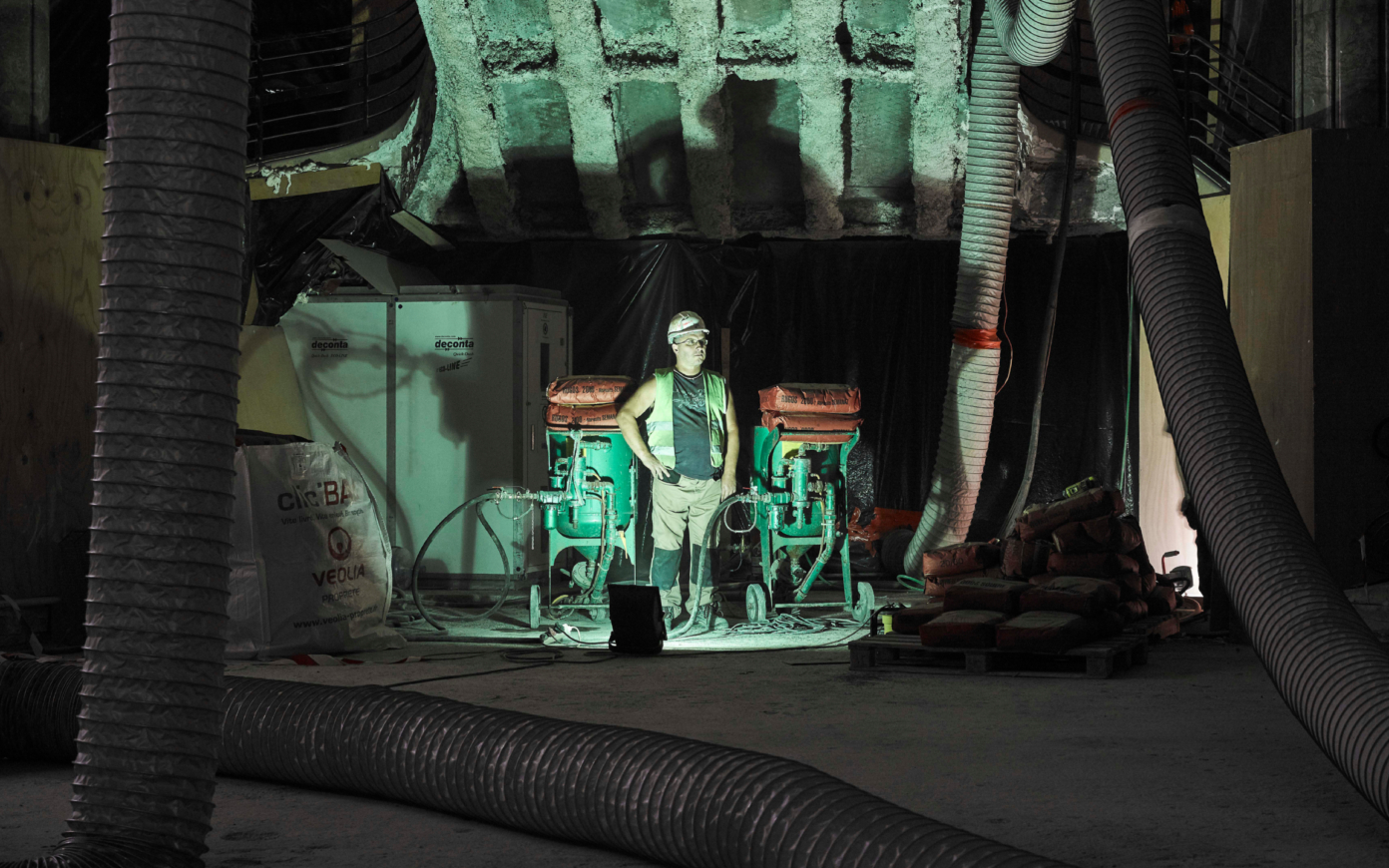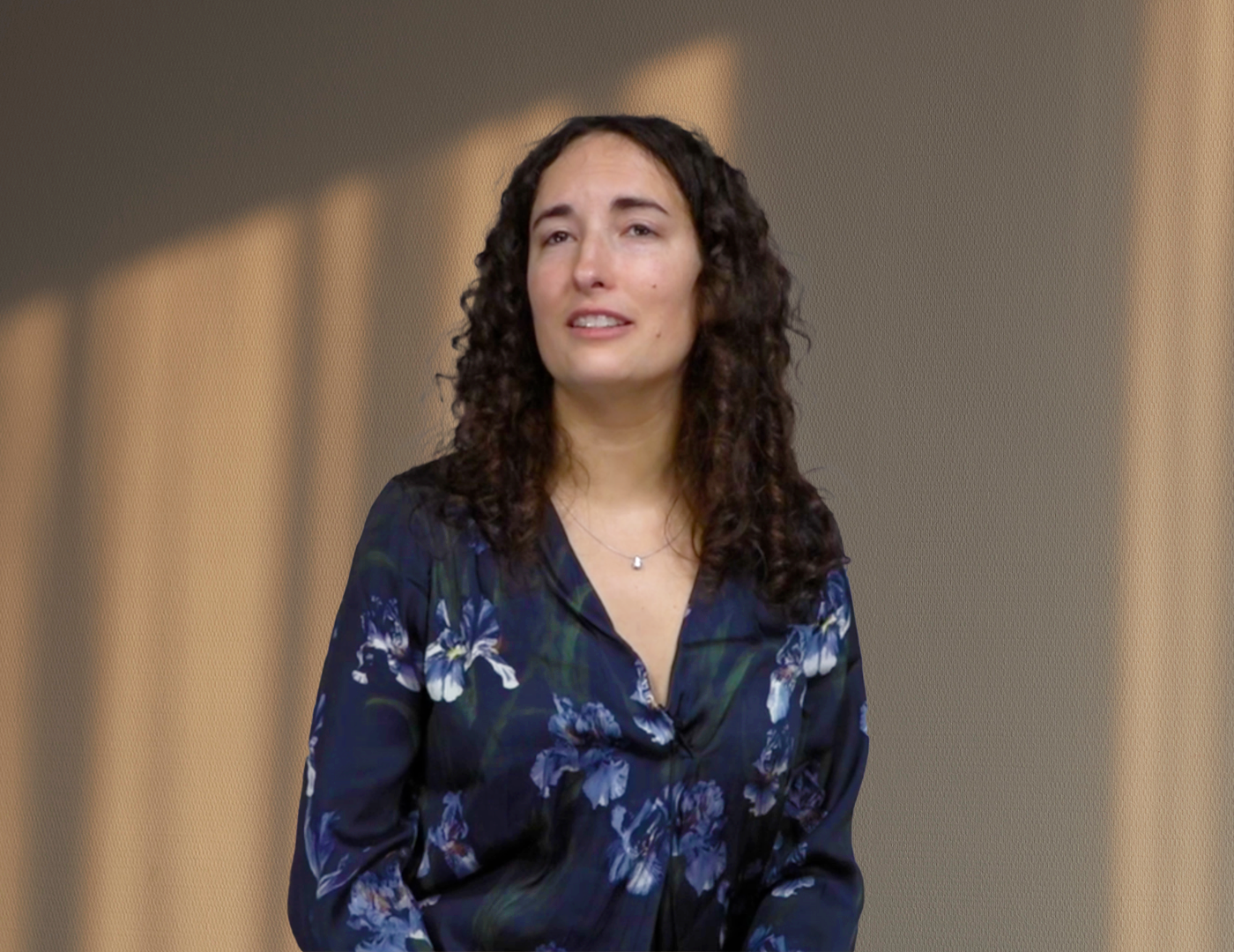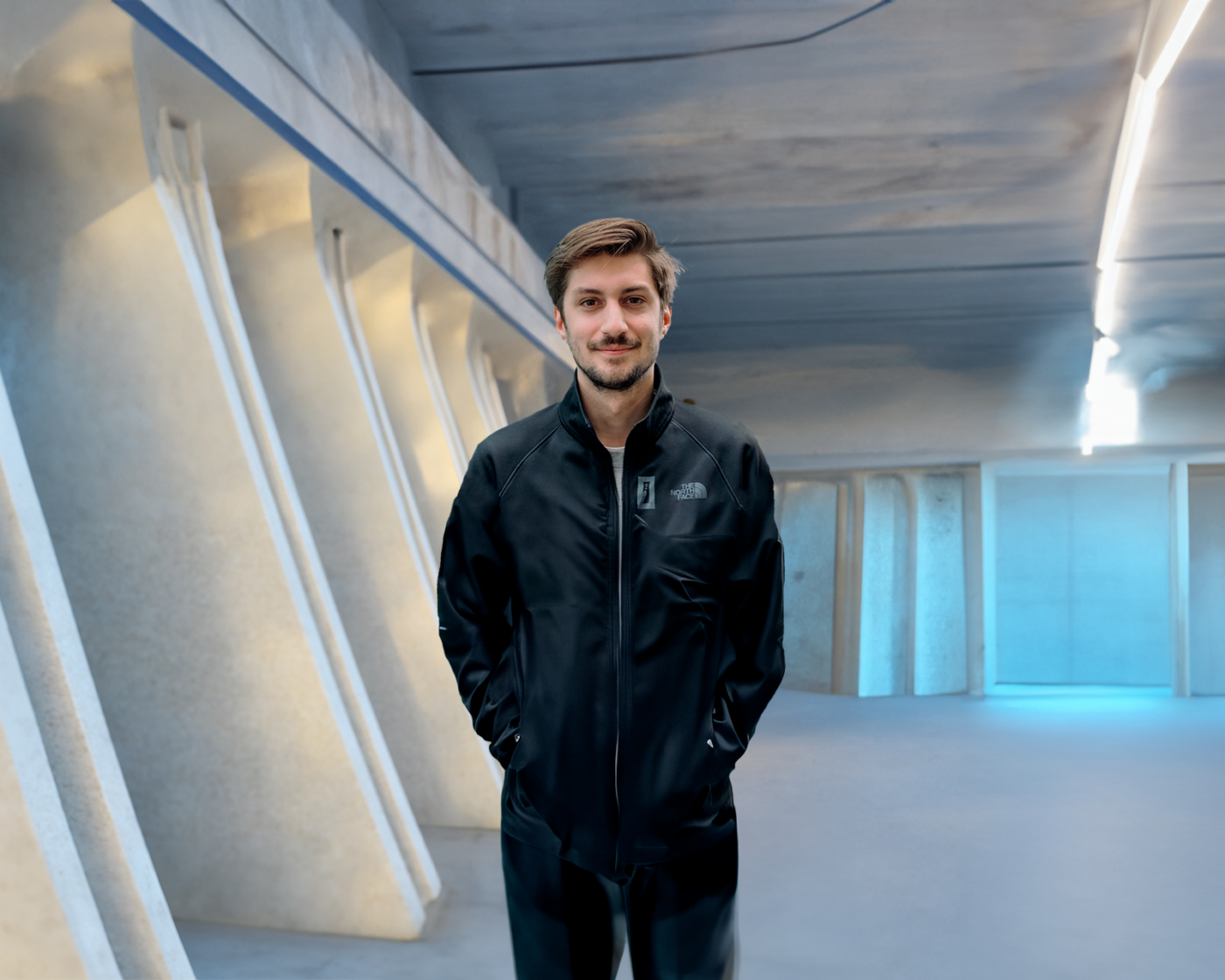Data & Design Technology
This theme explores new tools, methods, and technologies for project design. It also deals with the use and understanding of mass data, whether through the identification of data sources or their use via artificial intelligence algorithms.
Explorer Tous les axes de recherche
 stream voices
stream voices
Eager to share more generously the results of its collaborations and research, PCA-STREAM publishes STREAM VOICES, its online magazine!
Discover Stream Voices




















